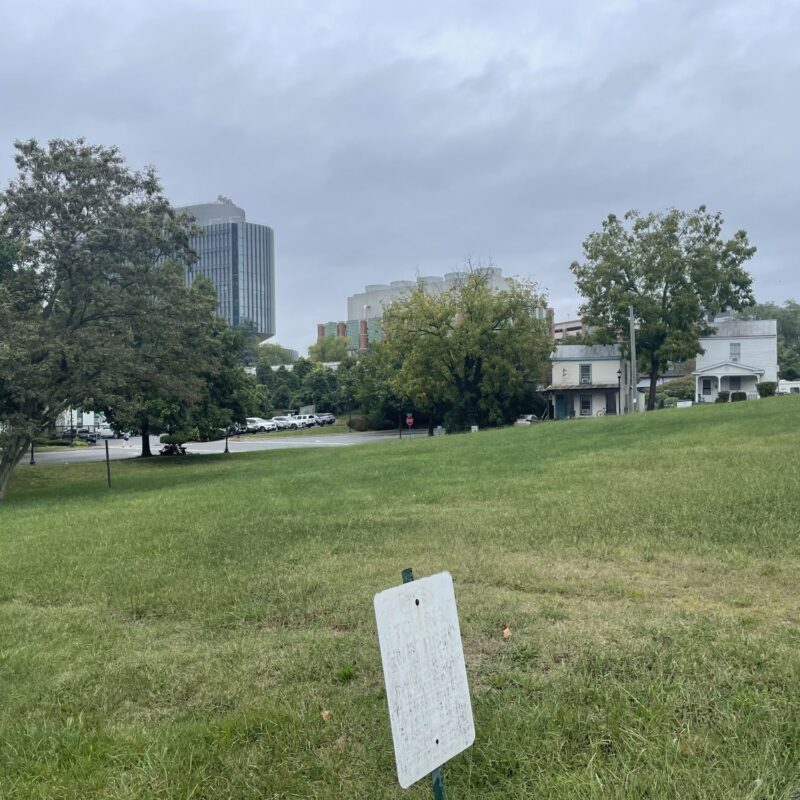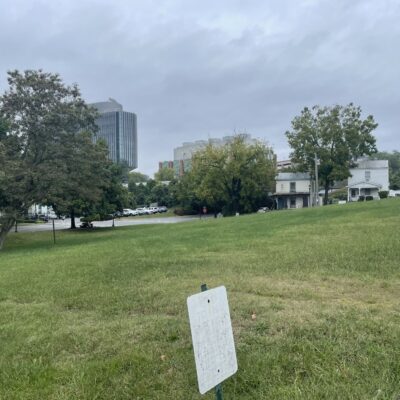Buying a selling a home is a complicated matter and often both buyers and sellers are unprepared for the unexpected settlement fees associated with their closing.
The amounts vary significantly from region to region and depend on the purchase agreements that buyers and the sellers reach during their negotiations.
Closing costs for buyers are tied to processing paperwork and generally range between two percent and seven percent of the sale price. Some costs stem from the loan application while others, such as the appraisal, relate to the dwelling. Some of the typical closing costs for buyers include:
- Fees charged for obtaining a mortgage. This fee covers the lender’s cost of obtaining financing and administration for your loan.
- The cost of home inspections. The home inspection may indicate needed repairs so the buyer or the lender may ask you to cover the cost of those repairs before closing.
- Homeowner’s insurance. Oftentimes lenders require payment of one year’s hazard insurance, commonly referred to as homeowner’s insurance, against fire, windstorms and natural hazards. In order to bind the coverage, the premium is often paid in advance of closing.
- Title insurance and settlement fees. There are two kinds of title insurance policies: Loan and Owner’s policies. The cost for the Loan Policy is based on the loan amount and the cost for the Owner’s Policy is based on the sales price of the home.
- Property taxes
- Transfer taxes, which sometimes are shared with sellers
Your Realtor® can explain the fees that buyers typically pay and help you estimate what yours will be. In addition, your lender must provide the document shortly after you apply for your loan. It is intended to give you an opportunity to shop around for the best mortgage deal.
Keep in mind that estimated fees have a way of increasing when the loan closes, so treat your estimate as a guide when comparing costs from different lenders. If your estimated fees rise significantly, it may be an indication that your lender is simply looking for a bigger payday. You are entitled to an explanation of all fees.
What Sellers Pay
Sellers’ closing costs can be as expensive as those facing buyers. Here are some of the fees sellers typically are expected to pay:
- Loan payoff costs, including possible prepayment penalty fees. The cost of repaying your home loan, second mortgage and any home equity line of credit is deducted from the sale price of your home. Some lenders charge an administrative fee when you pay off these loans, or if you have a prepayment penalty clause in your mortgage, you will have to pay a fee to pay off your loan when you sell your home.
- Real estate commissions to agents or brokerages. Commissions are negotiable between listing agents and their clients. Some brokerages offer commission discounts for sellers, but a typical commission is six percent of the sales price. In many cases the commission is evenly split between the buyers’ agent and the listing agent, but sometimes the split is negotiated unevenly.
- Transfer taxes. Your city or state may require you to pay transfer taxes, as a small percentage of the sale price.
- Title insurance fees. Title companies search public records and give you a title insurance commitment. This document proves you have a legal right to sell your home.
- Notary fees are charged by a notary to verify your identity and to make sure the documents are executed properly.
- Attorney fees, if you choose to use a lawyer
- Closing cost concession: It isn’t uncommon for the buyer to ask for a closing cost concession to cover their closing costs. This fee—typically three percent—is added to the price of the house and then returned to the buyer after closing.
- Home warranty: Sometimes sellers agree to pay for a home warranty that offers a protection plan for the buyer’s first year in the home.
- Termite letter: A document stating your home is termite-free may be required in some areas.
- Lien release document: If you owed money to a contractor, for court judgments, or for property taxes, a lien may have been placed on your property and that has to be paid off before the sale can close.
- Recording fees: If you owe money on the property, you will need to pay this fee to show your debts have been fully paid.
- Escrow fees: The escrow company acts as an intermediary between you and the buyer, ensuring the money is handled properly. Escrow agents receive money from the lender, pay off your mortgage and closing costs, collect deposits and give the proceeds to the lender. You may be able to split these costs with the buyer.
Whether you are a buyer or a seller, make sure you are financially prepared for closing costs and factor them in when you calculate the price of your next real estate transactions.





